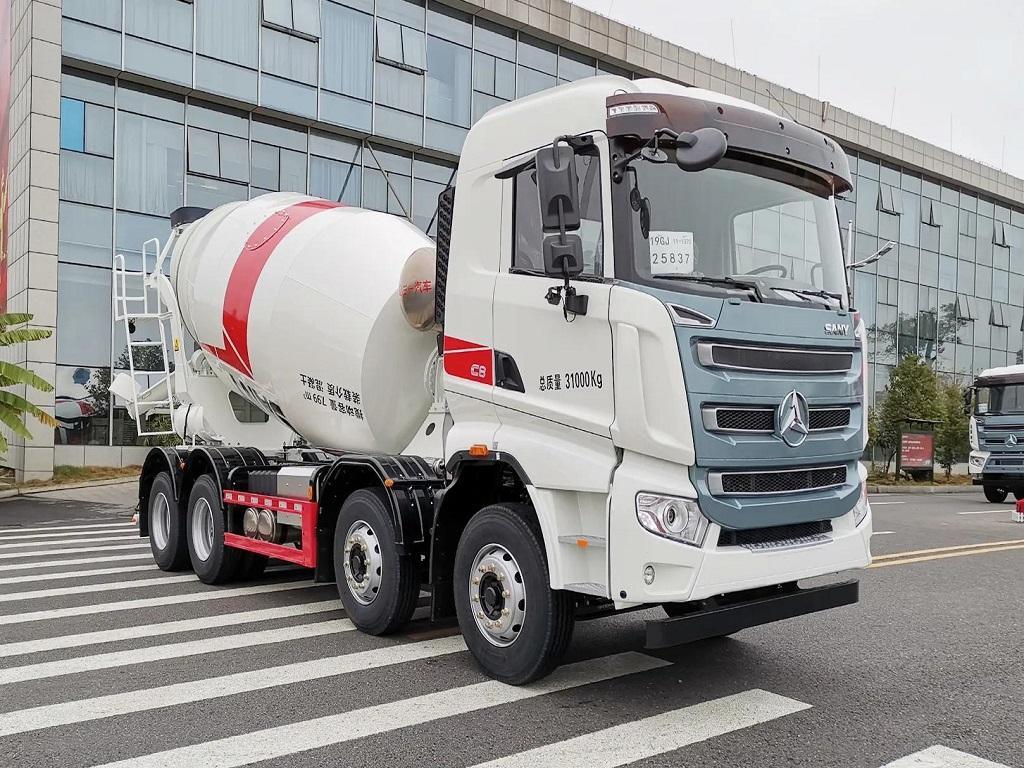How Young Travelers Can Travel Confidently and Safely

Traveling as a young adult can be an exciting adventure, but it also comes with its own set of challenges. ...
Read more
Optimising Commercial Infrastructure through Professional Window Treatment Management

In the sophisticated landscape of London’s commercial property market, the specification of window coverings has evolved into a technical discipline. ...
Read more
Empowering Education with Virtual Desktop Solutions

Technology changes how you learn now. Classrooms become more digital, and online tools help you learn anywhere. With the rise ...
Read more
How to Use a Time Constant Calculator to Fine-Tune Circuit Performance

When it comes to understanding and optimising the behaviour of a circuit, there aren’t many concepts that play as critical ...
Read more
How Everyday Tools Are Simplifying Workflows

Everyday tasks in the office are often simple, repetitive, and utterly boring. They take up a significant portion of your ...
Read more
Turning 2D Images into 3D Models with the Power of AI

From Flat Image to Immersive 3D Model Turning a simple 2D picture into a full 3D model used to take ...
Read more
How to Choose the Best Power Bank for Your Smartphone in 2025?

Power banks are essential for smartphone users to stay connected when they are not near outlets. Selecting the appropriate power ...
Read more
How to Choose the Right Charger for Your MacBook?

Choosing the correct charger for your MacBook is critical to ensuring that it runs smoothly and is safe from any ...
Read more
The role of a professional location scout

Creating films, commercials, or photo shoots is not just about the script, actors, and equipment. The space in which the ...
Read more






